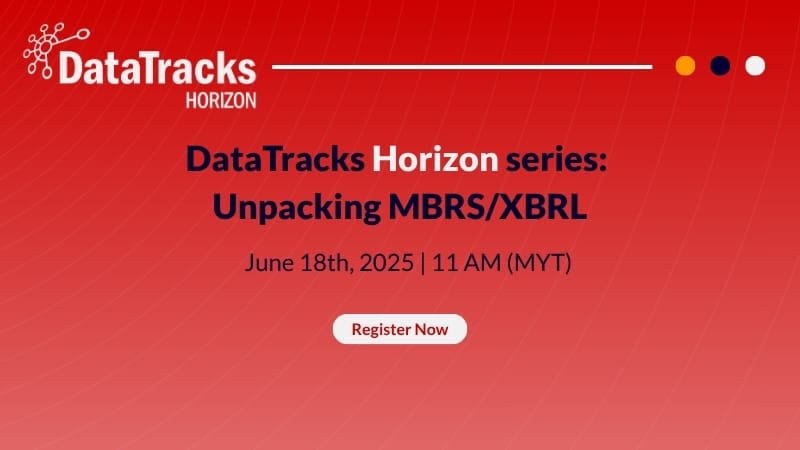Stress-Free FATCA & CRS Filing for Every Reporting Cycle
Precision driven accurate, compliant FATCA and CRS filings – every step covered.
Stress-Free FATCA & CRS Filing for Every Reporting Cycle
Precision driven accurate, compliant FATCA and CRS filings – every step covered.
The Need for FATCA/CRS Reporting
Foreign citizens residing in the EU were subject to adverse effects, due to FATCA/CRS, including frozen savings accounts or being denied access to banking services, due to the reluctance of financial institutions to follow costly FATCA/CRS reporting procedures.
In its efforts to improve transparency and combat tax evasion, the OECD and the IRS have reached an agreement to enforce a systematic reporting framework that acknowledges the complications faced by foreign citizens. Recent developments and advancements regarding FATCA/CRS have opened up a new dimension, boosting information exchange between the EU and other countries, and improving transparency globally
When FATCA Reports be filed?
Foreign Financial Institutions (FFIs) are obliged to prepare FATCA/CRS reports in XML format annually.
Challenges in FATCA/CRS Reporting
Identifying the Reportable Accounts
The way firms and institutions record or store customer data may not be adequate to identify the data that needs to be reported. This means that eligible parties will have to perform extensive data cleaning exercises to remain compliant, which is a tedious and time-consuming task.
Integrating Integral Systems
Multiple systems have to be linked efficiently to enable data collation and aggregation. This is a challenging task, considering the complexity of the eligible institution’s IT architecture and scalability.
Complying with the Relevant Reporting Schema
Eligible firms and institutions need to have enhanced systems, to be able to monitor and assess transactions in capital markets for any potential withholding and reporting. This requires implementation of a relevant reporting schema, in order to capture additional data, which is a complicated task that requires an in-depth understanding of FATCA requirements and the relevant taxonomy.
Lack of Operational Efficiency
Usually, data diverges across multiple products and region-specific data repositories. Synchronising the data from different departments, in order to make the required decisions with respect to account holders, is a vital task. Only a few institutions that implement proper FATCA/CRS solutions that address the above issue, succeed in error-free reporting.
Lack of Trained Resources and Short Deadlines
FATCA/CRS is an exhaustive regulation. The employees of affected institutions may not have absolute knowledge of the finer details of the regulations, considering the critical tasks and stringent deadlines. As a result, some companies seek an external solution to help interpret the regulation and to identify its impact on the business process for punctual, error-free filing.
Challenge in Integrating the Systems
Multiple systems with client information within the institution’s IT landscape must be connected efficiently, in order to enable data collation, so that the reports required for filing can be generated. This is a pretty difficult task, as the IT structure of the institution must be suitable, to enable this. Implementing a robust FATCA/CRS solution can be a lifesaver.
How DataTracks helps
Making Accounts Reportable Under FATCA/CRS
The FATCA/CRS reporting services from DataTracks aim to assist financial enterprises in linking accounts of individuals and entities across different business units, facilitating aggregation by referring to data elements such as customer name, ID and tax identification number.
Error-free, Highly Authoritative Reports
The inbuilt validation engine of the DataTracks solution ensures that all your reports are compliant with FATCA/CRS validation rules. Furthermore, the errors and possible corrections are listed, thereby reducing the chances of inaccurate data being submitted.
Automating Reportable Accounts under FATCA/CRS
The FATCA/CRS reporting solution from DataTracks aims to assist financial enterprises in collating accounts of individuals entities across different business units, facilitating aggregation by referring to data elements such as customer name, ID and tax identification number.
Maintain FATCA/CRS Compliance Status
Our team of XBRL/XML experts boasts 20+ years of experience in multiple taxonomies/schema. That is why each FATCA/CRS report generated is as per the IRS/OECD requirements, the supervisory authority, and the local tax authority, to ensure that FATCA/CRS compliance is intact.
Featured Content

September 2, 2024
DataTracks Unveils New Rainbow DMS Features at XBRL GovFin

August 14, 2024
First Live SBSEF Filings with SEC Completed by DataTracks
February 11, 2026
June 18, 2025
How do I register for DataTracks service?
You must sign up with us on our website by providing some preliminary information about yourself. You may choose your username and password to access your user login. You must place your tagging requests and retrieve the XBRL outputs through this login. You can register on behalf of a company, or a firm of Chartered Accountants, Cost & Management Accountants or Company Secretaries
How do I request XBRL conversion?
You must sign up with us on our website by providing some preliminary information about yourself. You may choose your username and password to access your user login. You must place your tagging requests and retrieve the XBRL outputs through this login. You can register on behalf of a company, or a firm of Chartered Accountants, Cost & Management Accountants or Company Secretaries
How do I pay for DataTracks services?
You must sign up with us on our website by providing some preliminary information about yourself. You may choose your username and password to access your user login. You must place your tagging requests and retrieve the XBRL outputs through this login. You can register on behalf of a company, or a firm of Chartered Accountants, Cost & Management Accountants or Company Secretaries
Why was my credit card declined? Can I give you my credit card number over the phone?
You must sign up with us on our website by providing some preliminary information about yourself. You may choose your username and password to access your user login. You must place your tagging requests and retrieve the XBRL outputs through this login. You can register on behalf of a company, or a firm of Chartered Accountants, Cost & Management Accountants or Company Secretaries













